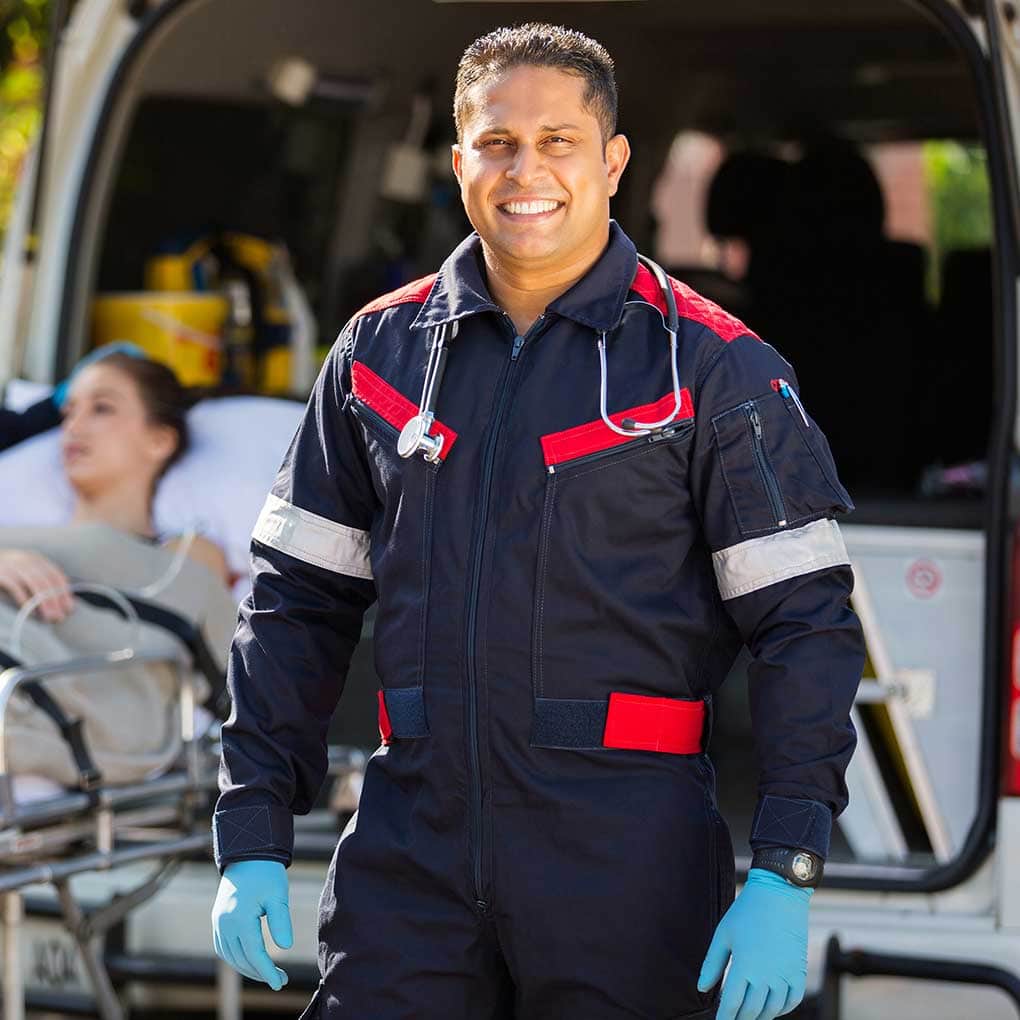Apply Now

EMT Program
Be ready to hit the streets as a capable, compassionate, and confident first responder.

Paramedic Program
Further develop your skills to lead a team and offer life-saving care as a paramedic.

Be ready to hit the streets as a capable, compassionate, and confident first responder.

Further develop your skills to lead a team and offer life-saving care as a paramedic.